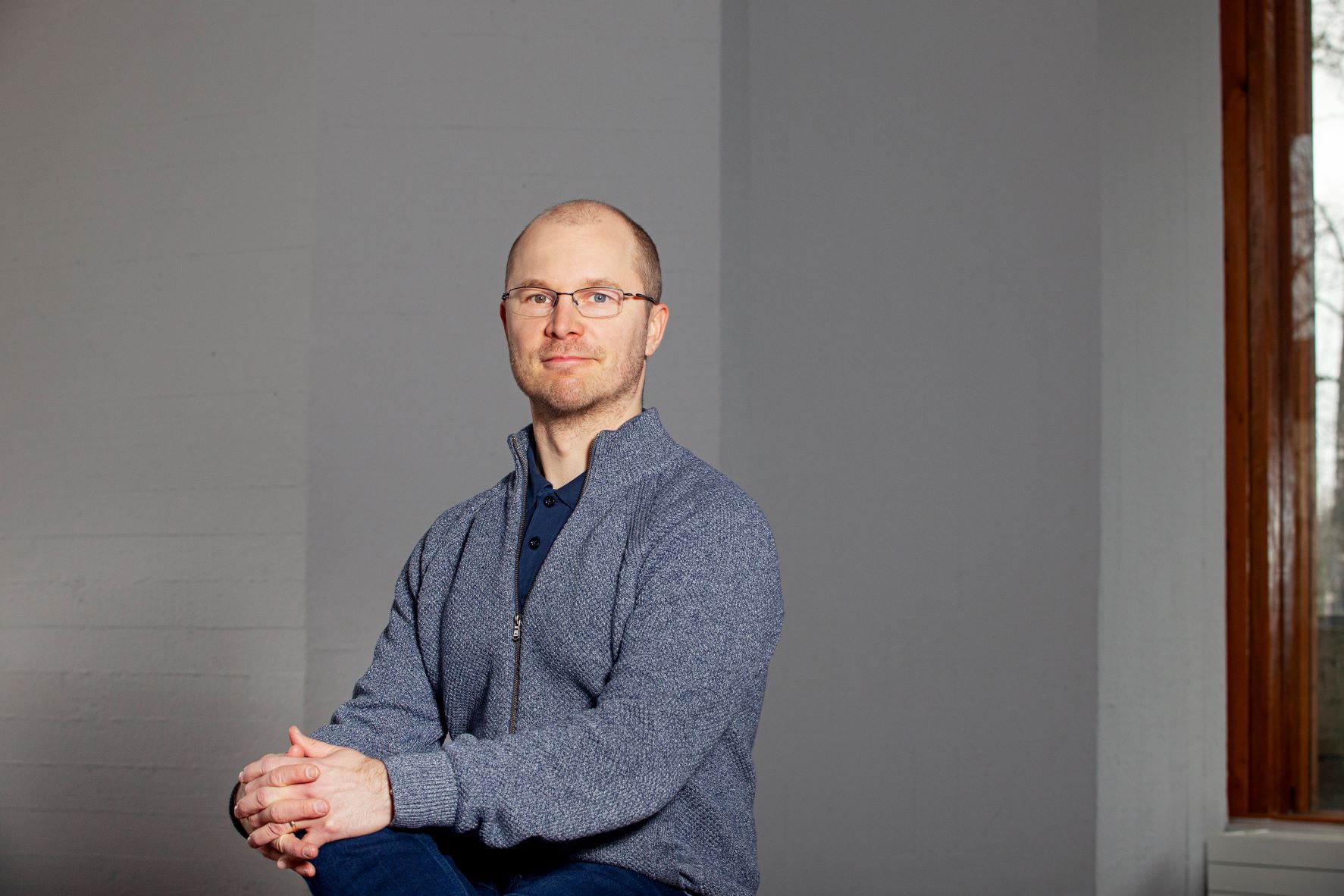Pekka Marttinen: It is very important to take good care of health and social services data

Assistant Professor Pekka Marttinen is part of the new DataLit research consortium headed by Professor Petri Ylikoski of the University of Helsinki. The project aims to develop comprehensible and reliable practices for using Finnish data on health and social services.
‘My task is to develop machine learning methods and models for health and social services data. With the help of these methods and models it is possible to examine societal questions related to health care’, Pekka Marttinen says.
The DataLit project brings together skilled people from many different fields. ‘In addition to the methods, it is important to examine what the models are used for and who use them, talk about them, and make decisions on how they are used. As it is often said, the decisions must not be left to the engineers alone’, Marttinen says.
The project analyses key ethical concepts – such as privacy – in a range of technical, societal, and legal contexts, while examining how officials can use the data in a socially sustainable manner. DataLit also produces tools for the responsible and reliable use of register data, for example forecast models to support decision-making, and methods for anonymising data.
‘It is especially important to take good care of data. This means data security, consideration of ethical questions, the implementation of data analysis in a protected environment – in general, the secure use of data. The use must be transparent and acceptable’, Marttinen says.
The first phase of the project will take three years and its total budget is € 3.9 million. In addition to the University of Helsinki and Aalto University, the University of Eastern Finland and several other cooperative partners are involved in the project: The Finnish Institute for Health and Welfare (THL), The Social Insurance Institution (Kela), the Joint municipal authority for North Karelia social and health services (Siun sote), the Cancer Society of Finland, the Ministry of Finance, Statistics Finland, the Digital and Population Data services Agency, and the Helsinki Institute for Social Sciences and Humanities (HSSH). The project is implemented in close cooperation with .
Further information:

Read more news

Researchers turn energy loss into a way of creating lossless photonics-based devices
Turning energy loss from a fatal flaw into a dial for fine-tuning new states of matter into existence could yield better laser, quantum and optical technology.
Herd immunity may not work how we think
A new study from researchers at Aalto University suggests that our picture of herd immunity may be incomplete — and that understanding how people are connected could be just as important as knowing how many are immune.
Aalto computer scientists in ICML 2025
Department of Computer Science papers accepted to International Conference on Machine Learning (ICML)






